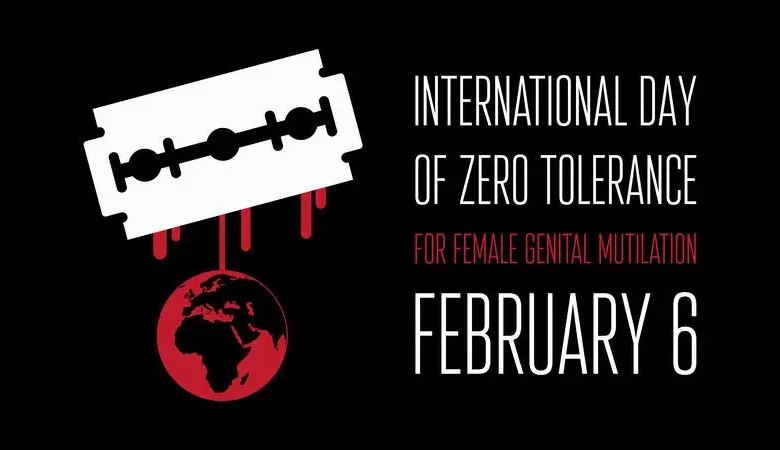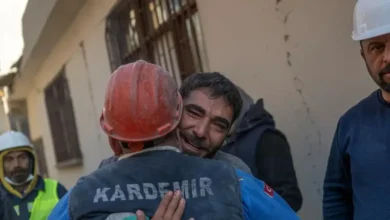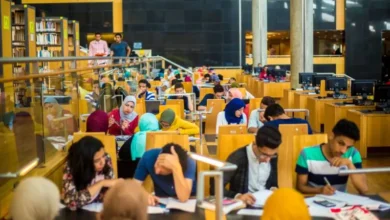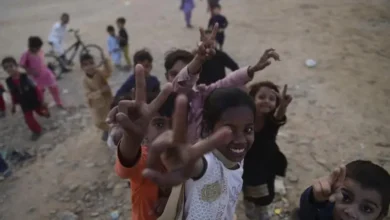Over 200M females alive undergo FGM

World Health Organization (WHO) said that at least 200 women and girls living today had undergone female genital mutilation (FGM) in 30 countries in Africa, the Middle East and Asia.
Most of these regions are still performing FGM on girls between infancy and age 15 despite medical reports that it is harmful and violates the human rights of females and girls.
The world marks annually on Feb. 6 the International Day of Zero Tolerance for Female Genital Mutilation where activists and human rights advocates call to end this act.
According to the WHO, treatment of the health complications of FGM is likely to cost health systems $1.4 billion per year. Females who undergo FGM face short-term complications such as severe pain, shock, excessive bleeding, infections, and difficulty in passing urine, as well as long-term consequences for their sexual and reproductive health and mental health, the United Nations reported.
Despite huge calls for ending FGM, the practice is still taking place in some areas. However, nowadays, a girl is one-third less likely to undergo FGM than 30 years ago.
About FGM
Female genital mutilation (FGM) comprises all procedures that involve partial or total removal of the external female genitalia, or another injury to the female genital organs for non-medical reasons. There are 4 types of FGM and the reason behind it varies from one country to another.
At least 3 million girls are estimated to be at risk of FGM annually.










